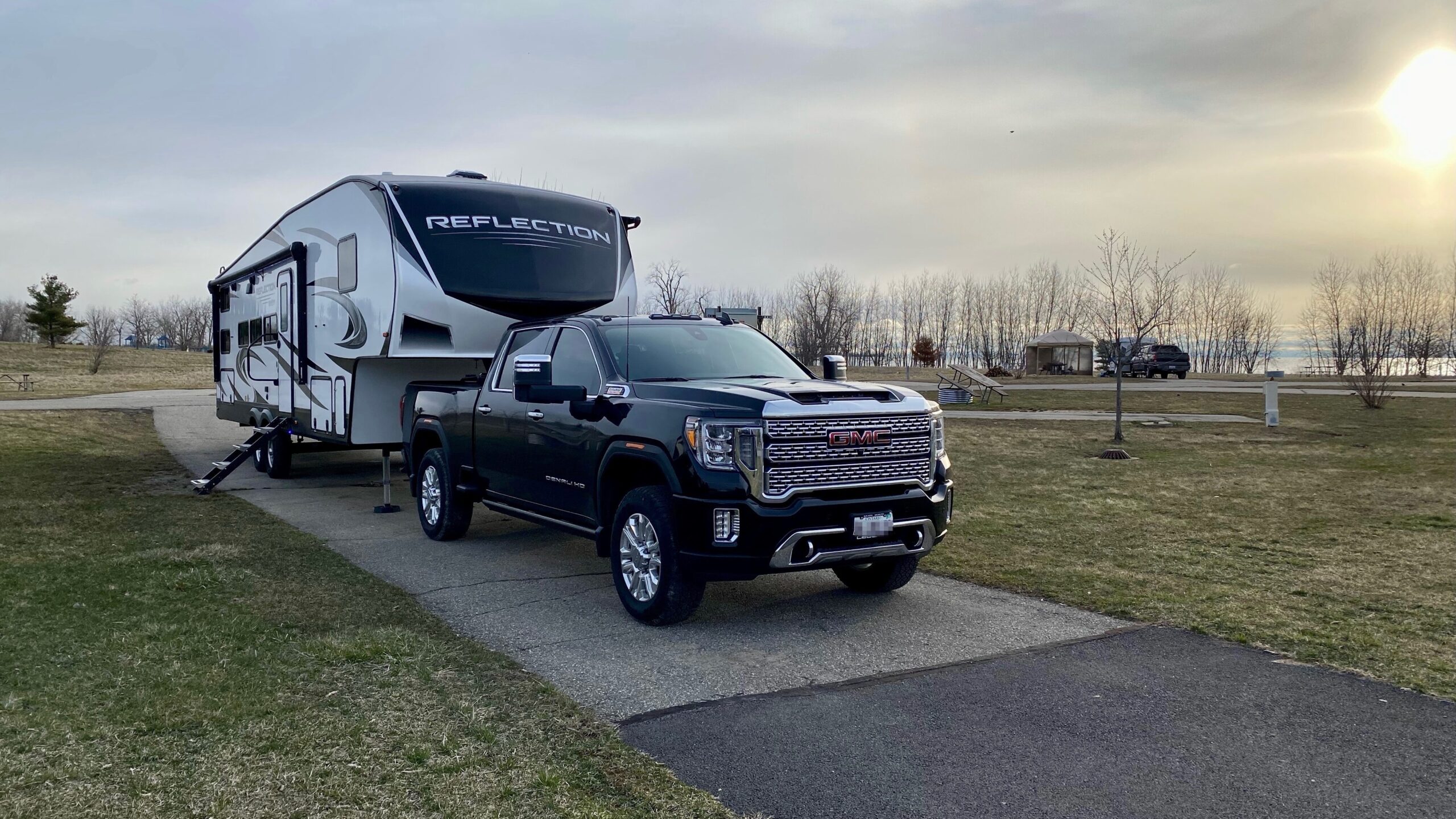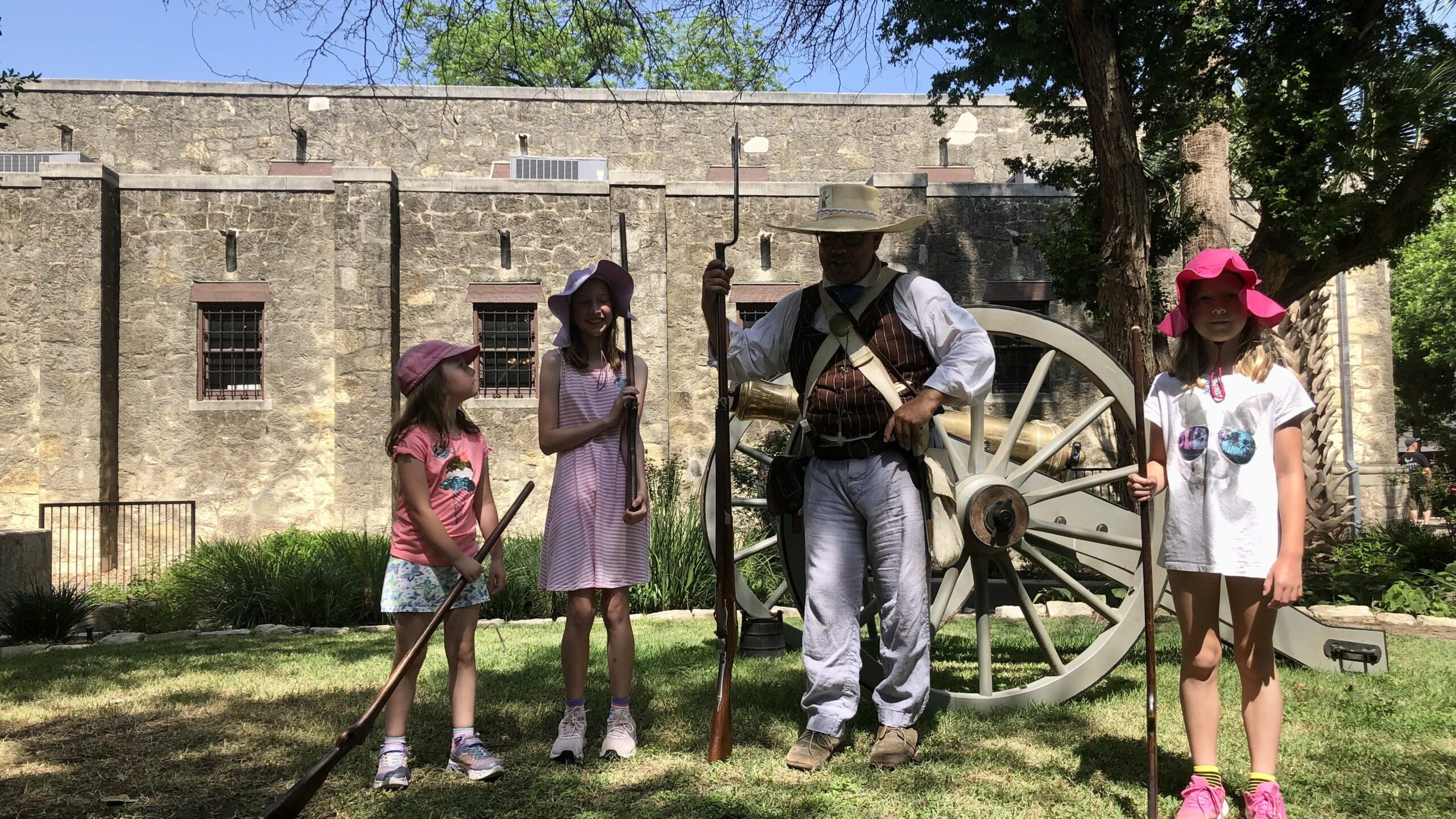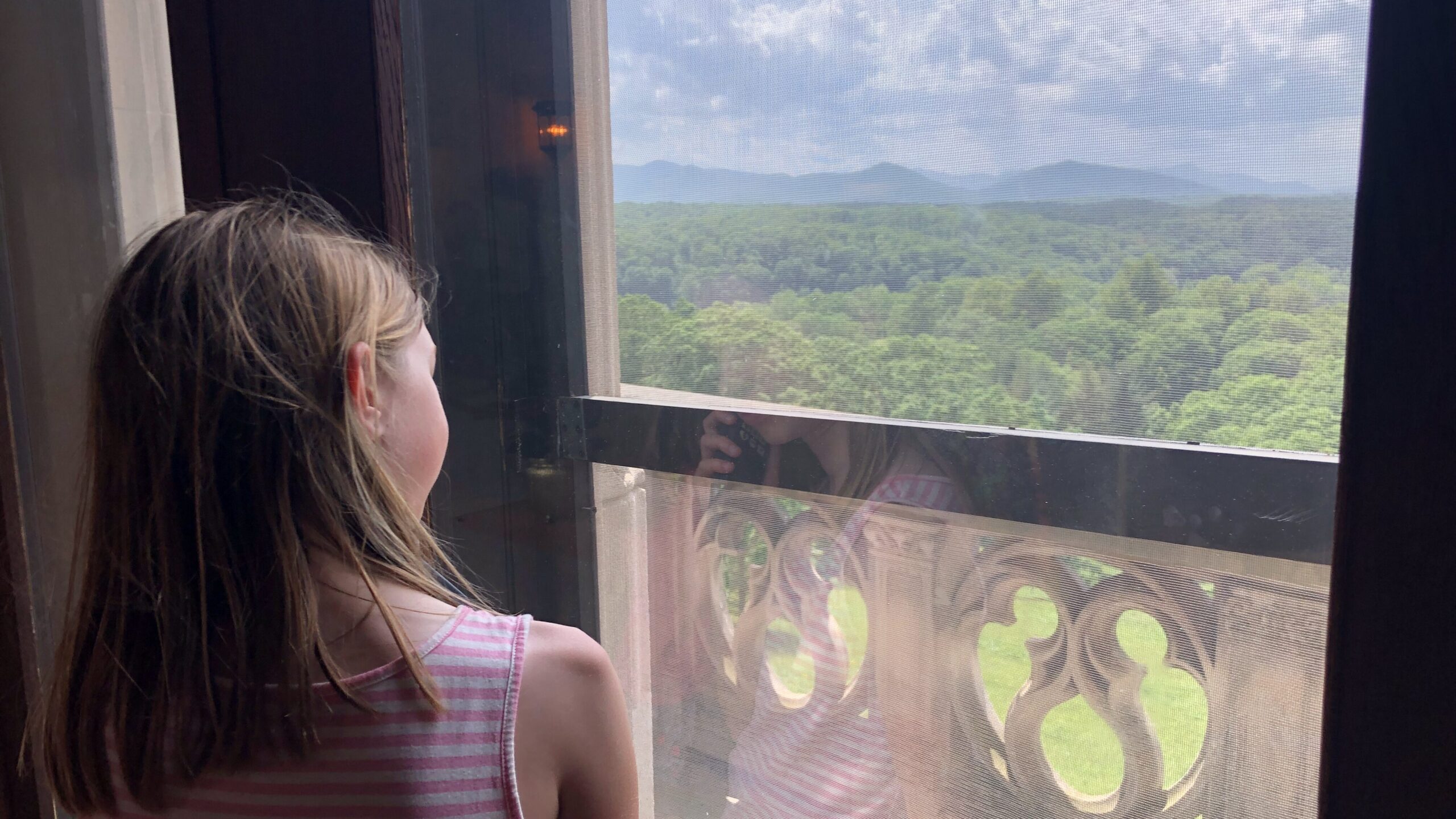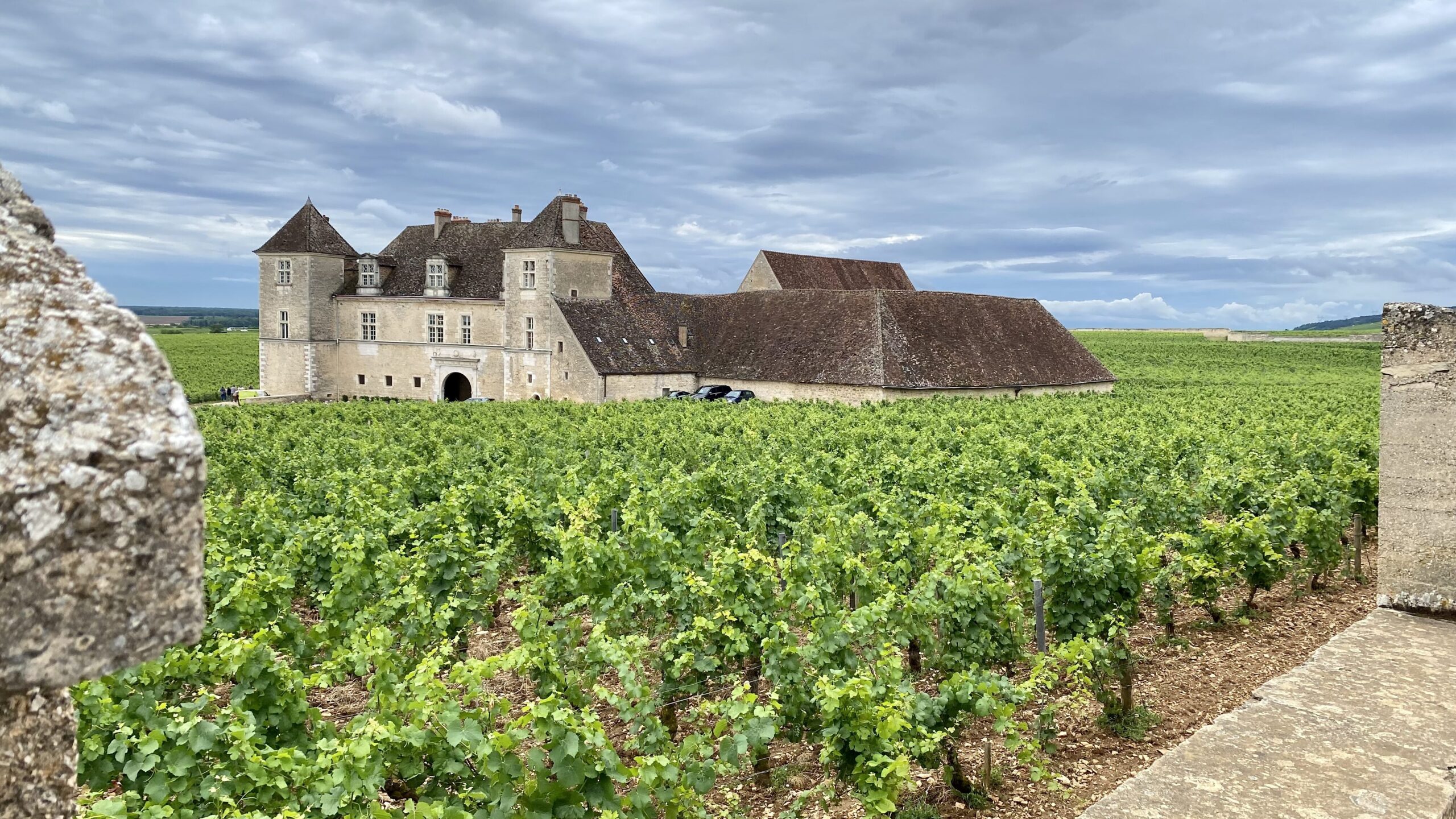As a family of 5, we have spent the last few years experimenting with gradually bringing more and more location independence and travel into our daily living. I call it “life travel” because, for us, it is a blend of our regular lives (which includes school and work) and traveling experiences (like a vacation). In 2020, we dipped our toes in the water with what was really just a 2-week vacation. Even so, we spent the time thinking about how we could transform it into a longer experience and blend in the life pieces. In 2021, we built on what we’d learned and experimented with true life travel for about 2 ½ months of the year. Then in 2022, we increased this to 4 months of the year. That’s ⅓ of the year that we spent traveling and having fun experiences together as a family! We also know many people that have thrown themselves into it 100% of the time and are thriving. We’ve learned, and continue to learn, a lot as we experiment with life travel. Here are five of our key observations so far:
- Nothing is Standing in Your Way
- Living Two Lives is Expensive
- Travel is Powerful Education
- Friends are Really Important to Kids
- Conventional Life Needs “Unstructure” & Life Travel Needs Structure

1. Nothing is Standing in Your Way
Whenever you’re thinking of doing something that is a little out of the norm, there are always a thousand reasons you can talk yourself out of it. Usually this is because you’ve ventured into the unknown. We faced many of the same questions anyone considering life travel would face: How will we work? What about school? Will the kids be lonely without their friends and activities? What if we can’t get decent internet? Will there be enough space for us all?…and on and on. What really worked for us was adopting what I think of as a problem solving mindset. It would be easy to get overwhelmed by all of these questions, but we made an effort to see each one as an interesting puzzle we needed to solve. In this way, we would tee up the issues, dig into each one individually and do our best to enjoy the messy process of figuring things out! As it turns out, none of these questions were unsolvable and all the fears we had were put to rest as we got out there and tried things out. It helped to be flexible along the way, continue to experiment with alternatives and have backup plans or coping strategies when things got tricky. As a result, we have learned to trust in ourselves and feel confident that whatever life throws at us, we can figure it out. If you’re interested in how we tackled these specific questions, check out Top 5 Things we Worried About Traveling with Kids (and How we Handled It).
2. Living Two Lives is Expensive
With conventional living, you have the usual expenses that make up a budget. This includes things like your mortgage, property tax, utilities, kids activities, gym memberships and costs related to multiple vehicles, among other things. If you transition fully into an unconventional lifestyle, you can often “trade in” some of these expenses for the costs that make up your new budget. This would include things you didn’t have to pay for before, as well as budget items that you’d like to spend more on. New expenses include accommodation costs (RV or otherwise) and costs related to travel. For example, your fuel costs may be much higher or you may be purchasing plane or train tickets. You will also likely want to be spending more on outings and experiences. Surprisingly, with some good research and planning, the costs related to unconventional living can often be lower than those involved in conventional living, even though it feels like you’re always on vacation! In short, swapping out of a fully conventional lifestyle into a fully unconventional one can be quite manageable.
However, if you find yourself, like us, with one foot firmly planted in each lifestyle, it can get very expensive, very quickly. This is because you’re not trading off budget items, you’re just adding them. And ironically, since many of us who are pursuing location independence are also working towards financial independence, you can easily find yourself in a position where getting closer to one dream is moving you farther away from another. Luckily, there are always options to deal with this. You may simply want to make a choice to live fully in one world or the other. This doesn’t even need to be indefinite. We’ve met many people on our travels that have traded their conventional life in one location to do full-time travel for a year, then take up conventional life in a new spot for a year, and so forth. This is the “you can have it both ways, just not at the same time” approach. Other options include downsizing your conventional-life footprint (e.g. if you live in an RV half the time, maybe you don’t need a 2500 square foot house the other half of the time), moving to a less expensive area, renting out your accommodation during the times you are traveling or selling your home and renting a place during the times you are back. Ultimately, you will need to dig into the options to find out what makes financial sense for you.
3. Travel is Powerful Education

As the character Rebecca in the show ‘Ted Lasso’ said so eloquently: “There is no greater education than travel”. And it turns out this is true! Travel offers you the opportunity to actually immerse yourself in something, rather than just reading about it or hearing about it in class. Imagine learning about our country’s past while standing on a historic battlefield, or about biology by observing insects native to different places, or about geography by visiting various capital cities. The learning experience is more memorable and meaningful when all your senses are involved and you have a rich connection to the topic you are studying. This is true for the adults as much as it’s true for the kids. I love it when I’m reading a book later on that takes place in a certain city or environment that we’ve visited because I now have a mental map and a connection to the story that’s being told.
Even better, the education is not limited to academic subjects. Sometimes it comes in the form of meeting people who have had different life experiences. It’s powerful to see first hand how much we have in common with people who are seemingly different. It helps us better understand our shared humanity. At the same time, talking with and getting to know people with different backgrounds and beliefs challenges us to be more open-minded, less judgmental, more empathetic and more aware of what is really important to us. We can get this to some degree through seeking out the diversity in our own communities, but the broader you extend your horizons, the greater the diversity that you’ll encounter.
4. Friends are Really Important to Kids
During the times where we travel, I find the kids have really only missed two things: their friends and their trampoline. I’m not fully sure about why they miss the trampoline, especially because we try to stay in a variety of places and sometimes there are bounce pads and other fun things available to the kids. However, I can definitely see why they miss their friends.
In some ways, this isn’t all bad. I’ve noticed that my kids play a ton with each other when we’re traveling – even more than they do when we’re at home. Luckily, they generally really enjoy playing together and the result has been that I’ve watched their bonds with one another deepen to a level that we just wouldn’t have got to if we were home full-time. The other positive side-effect is that they’ve become much better at introducing themselves and making friends with other kids they meet along the way. It’s forced them to step outside their comfort zone a bit and is a skill that I think will be useful to them.
We’ve also tried to find ways for the kids to stay in touch with their friends. They like doing video calls. It’s not uncommon on a drive day for them to all be in the back seat with their laptops and headphones, engaged in video calls with their friends. They also have playtime video calls where they sit on their bed with their toys and play virtually with a friend. And because we are not full-time, they always have happy in-person reunions with their friends when we touch down in between adventures. I can imagine, even if we were full-time, we could make an effort to circle back to our “home area” from time to time throughout the year to serve the same purpose.
In thinking about our major lesson of “Nothing is Standing in the Way”, I definitely wanted to highlight the learning around the importance of our kids’ friendships because it was something I grew to appreciate was more complex and valuable than I had originally anticipated. Again, definitely not unsolvable, but just something we like to keep close on the radar now.

5. Conventional Life Needs “Unstructure” & Life Travel Needs Structure
My husband Josh and I have a lot in common, but one of the areas where we sit on either ends of the spectrum has to do with structure. Josh is naturally unstructured and I’m naturally structured. Neither is better than the other and both traits have pros and cons. Let’s be clear though – these are two very different skills. It is a gift to have an unstructured mind that lives comfortably in chaos because this is where creativity and innovation reside. It is also a gift to have a structured mind that creates order out of chaos because this is what provides clarity and focus.
What we didn’t fully appreciate until we were switching back and forth between conventional living and life travel, was how significantly our changing environment would mess with our natural tendencies in this area, and ultimately with our moods. Even though we are both fully committed to conventional and unconventional living, we started noticing that my mood would dip when we were “landed” in our traditional life and Josh’s would dip when we were on the road. So we began to dig into why that might be. Ultimately, what we discovered was that the environment in our conventional life is very structured and predictable. Our activities, birthday parties and social get-togethers are all scheduled well in advance. The calendar dictates where we’re spending our time and the holes of unscheduled time become our playground for other things we want to do. To Josh’s unstructured mind, this has the helpful effect of providing some order and boundaries that allow him to focus his creative and innovative energies. To my structured mind, this additional environmental structure feels stifling and has a way of squashing creativity and innovation because my mind does not feel free. In fact, the pursuit of this sense of freedom was one of the things that drew us to life travel in the first place. When we are on the road, we have very few commitments and a ton of flexibility. Life becomes much more self-driven than calendar-driven. My brain naturally wraps enough structure around this to stay clear-headed and focused on what’s important to me, while also enjoying the freedom and flexibility. Josh, on the other hand, sometimes found himself frustrated with feeling directionless and not sure of how to spend his time. He had stuff he wanted to do (exercise, with the kids, on his business, for himself), but he’d find himself in a fog, unable to seize the moments.
Once we’d made the connection between the differences in the environment and our differences in our natural tendencies toward structure, we were able to compensate for each of us in either lifestyle. For me, much of the journey with Fulfillment Equation has been my ongoing research and discovery on how to find freedom, meaning and joy in daily living. Part of that is transforming the structure of “have-to-do’s” into “want-to-do’s”, which has been helpful to me in finding liberation and creativity in our conventional life. As for Josh, we’ve found some simple practices when we’re on the road that have helped add a bit of structure so he can thrive. For example, little things like reviewing the week on a Sunday evening to figure out what he wants to do and making plans for when he could do it have made all the difference. Ultimately, it comes down to really knowing yourself, what kind of environment you need to thrive and what small hacks you can employ to tweak any environment to best suit your needs.

No matter where you are on the continuum of embracing life travel, from a little (“I’m dipping my toe in for a month”) to a lot (“I’m selling my house and going full-time!”), one thing’s for sure – you will be forever changed. Life traveling involves breaking down many of the perceived barriers built into conventional living, and regardless of what you choose to do after you’ve had a life travel experience, it is impossible to go back to a place of not knowing the options that exist. For our family, it has interestingly inspired two feelings that I didn’t initially realize could co-exist: one is a hungry, eye-opening wanderlust to be immersed with new places, things and people; the other is a renewed appreciation for some of the things we value most about home. With this healthy tension in place, we are committed to pursuing our experiments around life travel, and continuing to grow and learn along the way.




